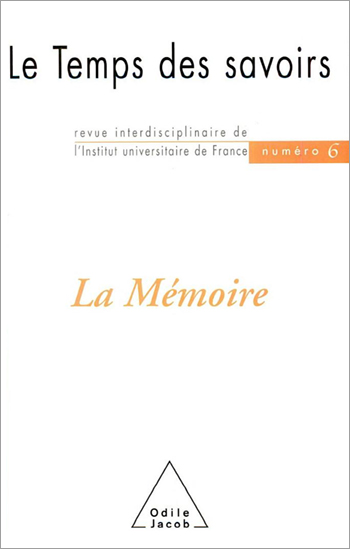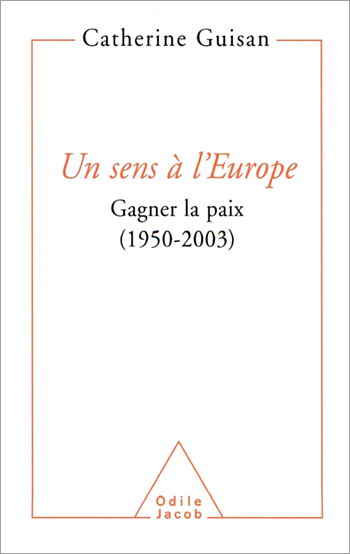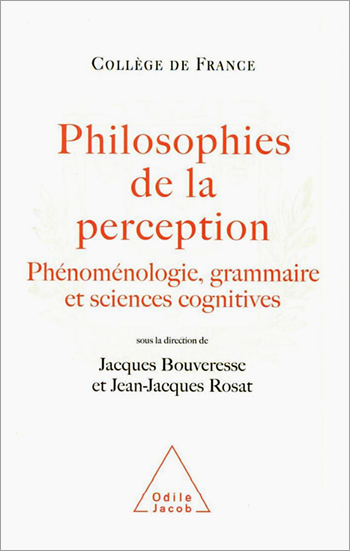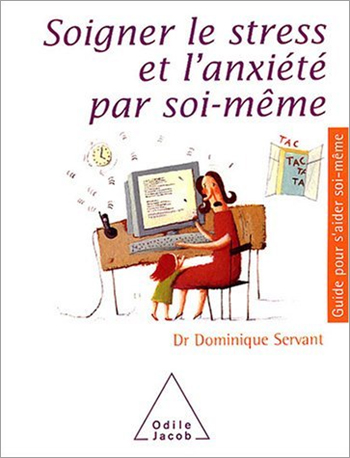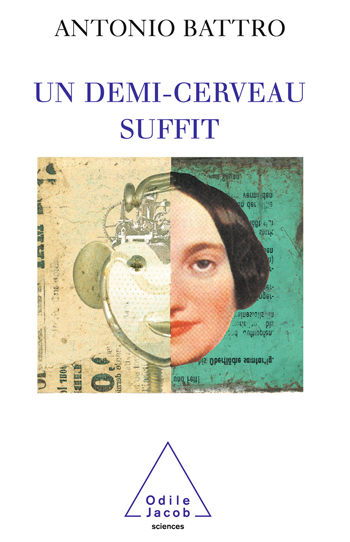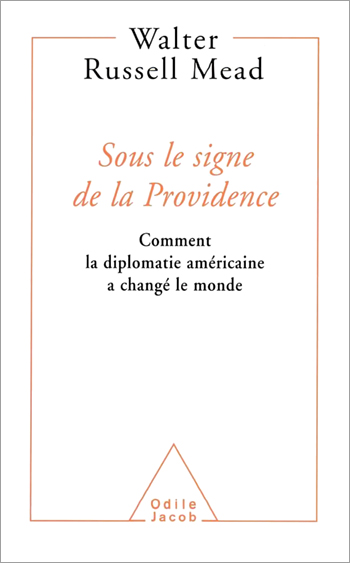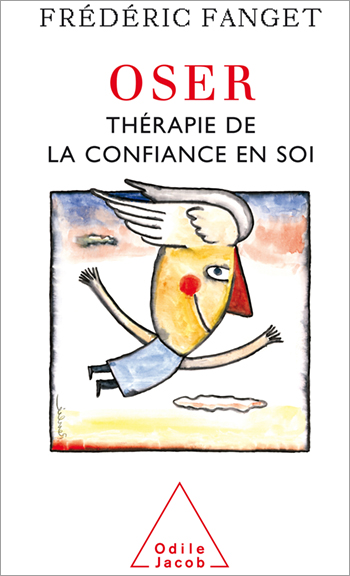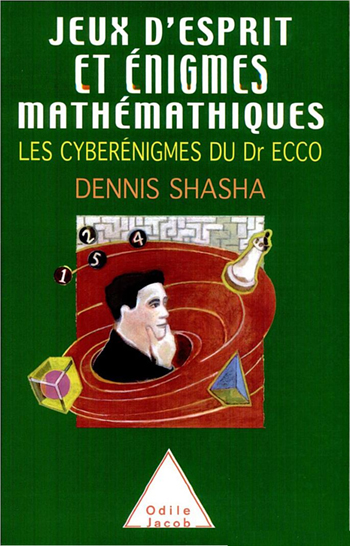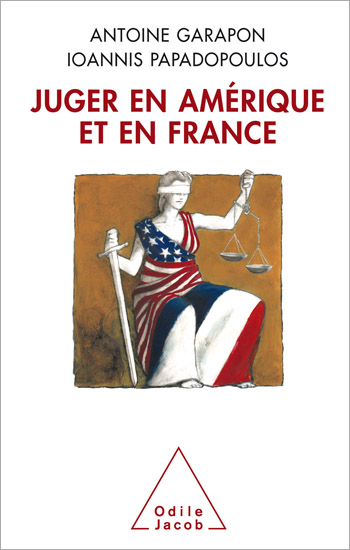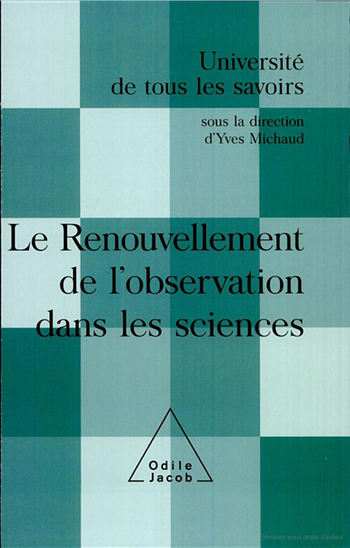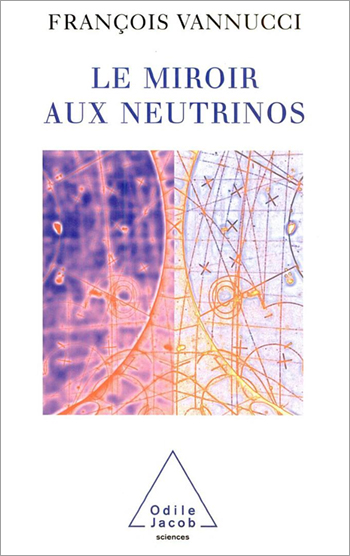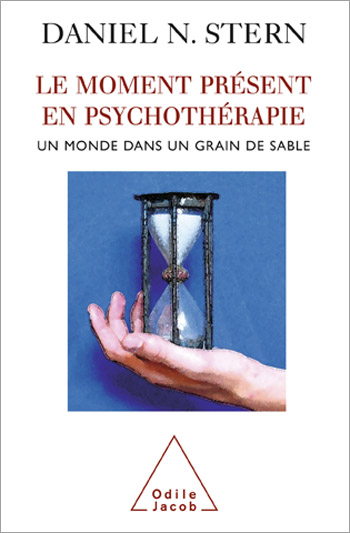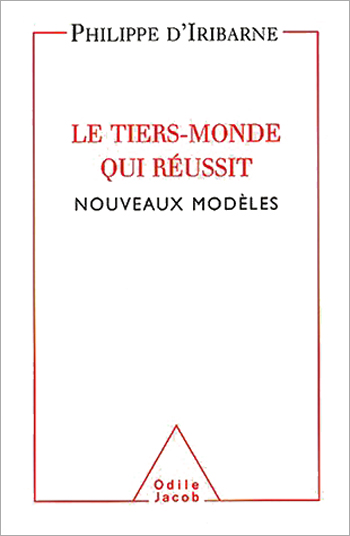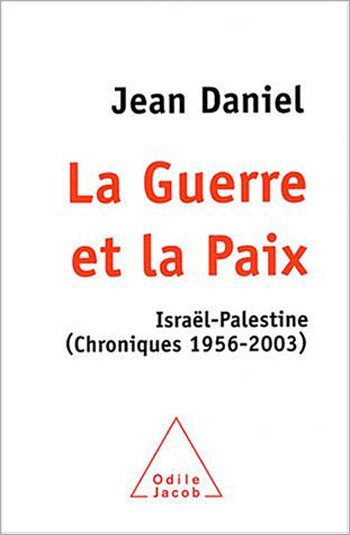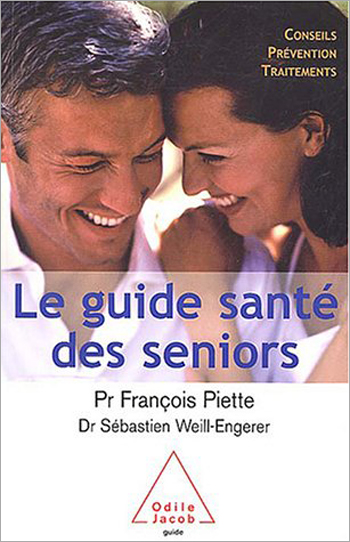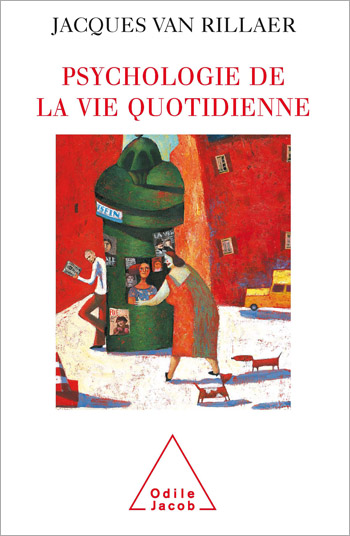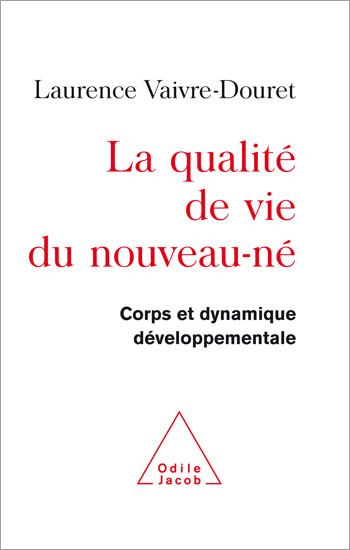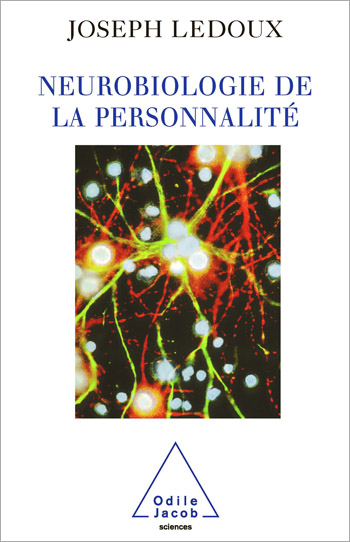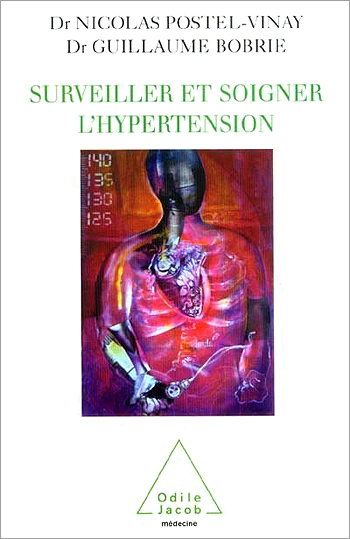Catalog All books
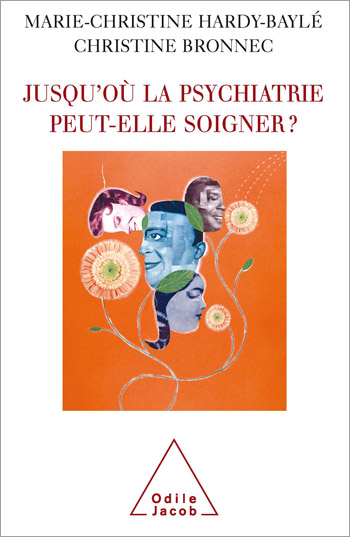
Marie-Christine Hardy-Baylé, Christine Bronnec
What are the Limits of Psychiatry ?
On the one hand, an ever increasing demand, on the other, widespread agreement that the profession in is the grip of a crisis. The result is that the supply is badly equipped to deal with the demand. What are the origins of this crisis ? Does it run as deep as the very foundations and identity of psychiatry itself ? In particular, what can be done to transform this natural diversity into a real strength ? Psychiatrist and psychoanalyst, Marie-Christine Hardy-Baylé works at the André-Mignot hospital, and is a professor of medicine at the University of Saint-Quentin-en-Yvelines. She heads the Association for the Promotion of Public Health of Yvelines Sud. A hospital director, Christine Bronnec, is in charge of the ANEAS project to evaluate psychiatric needs, and is co-president of the Association for the Promotion of Public Health of Yvelines Sud.
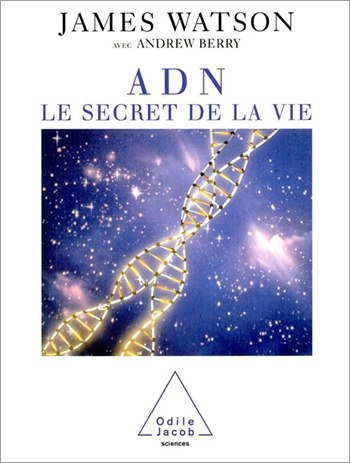
James Watson
DNA The Secret of Life
Fifty years ago, when he was only 24, James Watson contributed to cracking the genetic code and thus helped resolve one of the greatest scientific mysteries of our age. In DNA: The Secret of Life, he goes back in time and offers an overall view of the genetic revolution. He gives us the keys to understanding the molecular foundations of life and shows to what extent our knowledge of genetics affects how we regard our origins and our own identity. Drawing on his long experience at the forefront of genetic research, he examines the brave new world that lies before us all and the consequences of the genetic revolution. James D. Watson is best known as the co-discoverer, with Francis Crick and Maurice Wilkins, of the molecular structure of DNA. For this accomplishment, the three men shared the 1962 Nobel Prize for Physiology or Medicine. In 1968, he was appointed director of Cold Spring Harbor Laboratory, on Long Island, New York, and has served as its president since 1994. Andrew Berry is a junior fellow at the Museum of Comparative Zoology at Harvard University
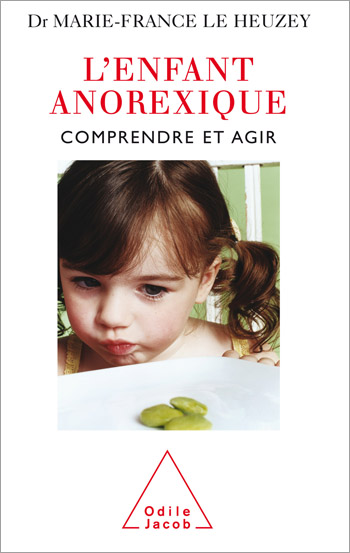
Marie-France Le Heuzey
The Anorexic Child Understanding and taking action
These days, anorexia can affect children from as young as 8 years old. It is no longer just a disease found among teenagers, and it can concern boys aswell as girls. What are the signs of this new form of mental anorexia ? Should you be concerned if you notice a change in behaviour towards food ? How can you help your child ? How can you avoid reaching this point ? A fresh look at this disease and a reflection on the place of the child in our society. Marie-France Le Heuzey is a psychiatric doctor, and coordinates the treatment of anorexic children in the department of Child and Adolescent Psychopathology at the Robert-Debré hospital in Paris.
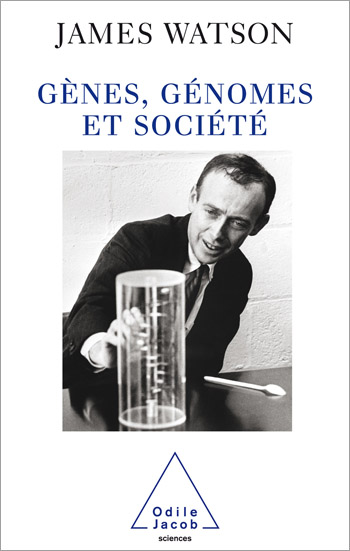
James Watson
A Passion for DNA Genes, Genomes and Society
In 1953, two young scientists, James Watson and Francis Crick, began a scientific revolution when they discovered the double helix structure of the DNA molecule, the substance that is the basis of heredity. James Watson, who won Nobel Prize in 1962 at the age of 34, has continued to play a central role in the field of genetics. Throughout his long scientific career, he has constantly sought to explain the latest developments and findings. The present volume is a collection of articles and lectures reflecting his views during the past fifty years on such subjects as GM foods, cancer, the sequencing of the human genome, and the ethical and social consequences of biology. This is a thought-provoking, often optimistic and always spirited book, reflecting the life and work of one of the great minds of the twentieth century.
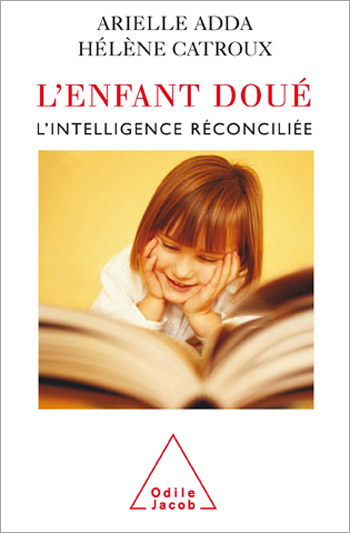
Arielle Adda, Hélène Catroux
The Gifted Child Reconciling Intelligence
Exceptionally gifted, gifted and intellectually precocious children make up as much as 5 % of any given age group. Yet they often seek failure, both at school and in their personal lives, because they suffer from being different from other children. This book is addressed to the parents and teachers of gifted children. Besides reviewing the current state of knowledge on the subject, it explains how such children can be taught to manage their potential and to overcome their excessive sensitivity and weaknesses. Arielle Adda is a psychologist. Hélène Catroux is an educational psychologist.
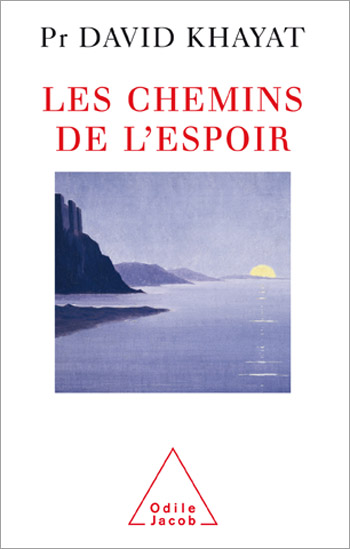
David Khayat
The Paths of Hope
The progress made in cancer research and the advances in therapeutics have become such that they open before us, without any doubt, marvellous paths towards hope. It is these paths that I suggest we discover together. David Khayat David Khayat is a professor at the Pierre-et-Marie-Curie University and the head of the cancer team at the La Pitié-Salpêtrière Hospital.
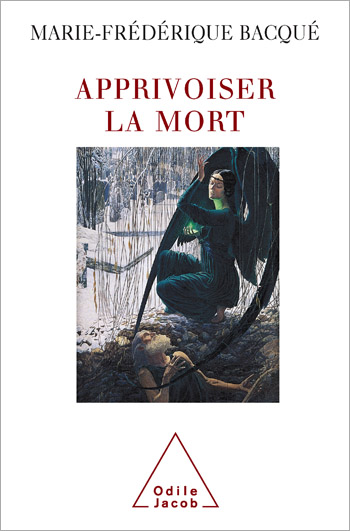
Marie-Frédérique Bacqué
Coping with Death
Marie-Frédérique Bacqué, a psychologist, is a lecturer at the University of Lille and the vice president of the Society of Thanatology.
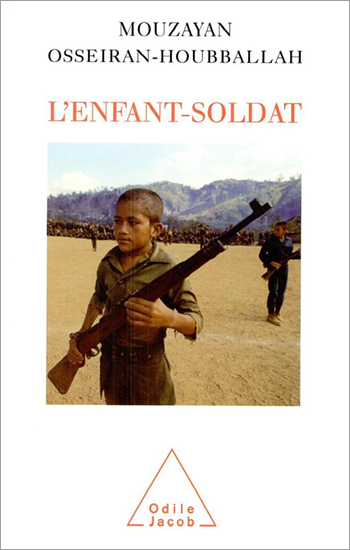
Mouzayan Osseiran-Houbballah
The Child Soldier
The existence of thousands of child-soldiers is one of the scandals of our time. UNICEF has estimated their number in the world today at 300,000 a figure that has grown in recent years due to the increase in the number of civil wars. What happens to them when the fighting ceases? Why are they no longer visible in Beirut, or elsewhere? Why do so many of them end up in drug-detoxification centres? What does the future hold for these children who know nothing besides how to handle weapons? Mouzayan Osseiran-Houbballah is a psychologist.
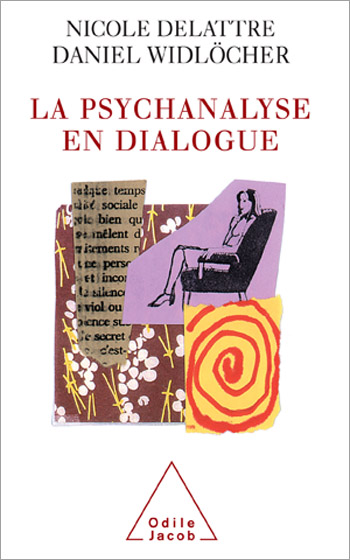
Nicole Delattre, Daniel Widlöcher
Reviewing Psychoanalysis
The task that the authors, Nicole Delattre et Daniel Widlöcher, have set themselves in this book is to take stock of what is useful and reliable in psychoanalysis today. Daniel Widlöcher sets out his view of this unique discipline, and the great concepts that it brings together, in addition to observing its pioneers and different spheres. In particular, he outlines his vision of the future of psychoanalysis, which is presently enjoying a revival. A professor at the University Pierre et Marie Curie, Daniel Widlöcher has for many years headed the psychiatry department at the Salpêtrière Hospital in Paris. He is the president of the International Association of Psychoanalysis and is notably the author of Métapsychologie du sens, of Logiques de la dépression and of Nouvelles Cartes de la psychanalyse. Nicole Delattre is a professor of philosophy
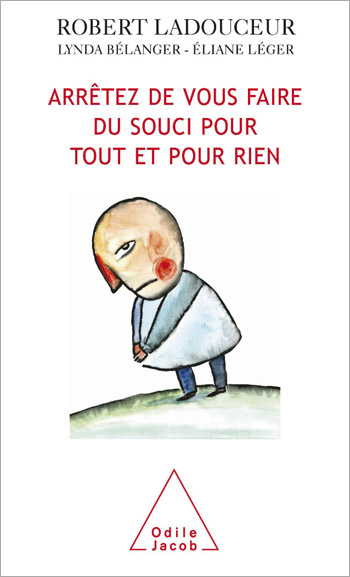
Robert Ladouceur, Lynda Bélanger, Éliane Léger
How to stop worrying about everything and nothing
Take the time to breathe deeply. Control your stress. Stop worrying about everything. Thats what youd like to do, but you believe that, for someone with an anxious temperament like your own, this is impossible. However, this 220-page book shows how you can overcome chronic anxiety. Included here are quizzes, questionnaires, examples and exercises - everything that you need to help you make the change and live a better life. A psychiatrist and psychotherapist, Robert Ladouceur is a professor of psychology at Laval University in Quebec City.
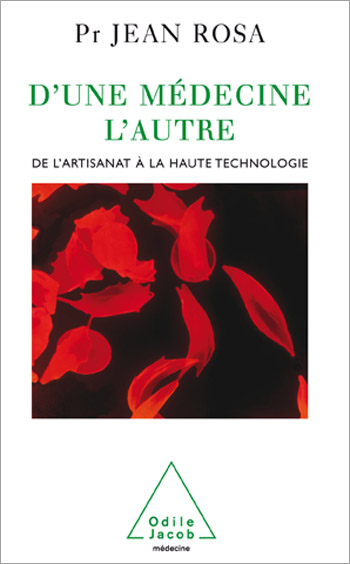
Jean Rosa
From one Medicine to Another From a Craft Industry to High Techology
Jean Rosa belongs to the post-war generation that transformed French medicine from a state of powerless humanism all the more "humane" because it was so often helpless to one of scientific and technical efficiency. Unfortunately, in the process, medicine seems to have lost its human face. In this book, Rosa shows how he contributed to this medical revolution: on the one hand, through the "Debré Reform", which instituted teaching hospitals, thus firmly linking medical research with therapeutic and surgical treatment, and, on the other hand, by associating medicine with molecular biology. Jean Rosa is Emeritus Professor in the medical school of the University of Paris-XII and a member of the French Academy of Science
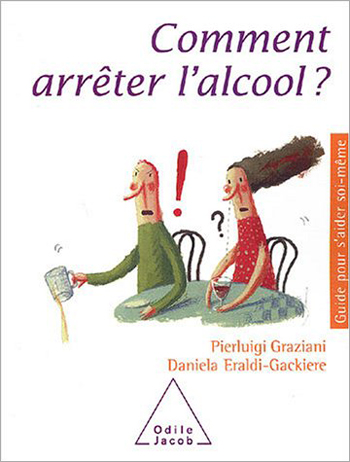
Pierluigi Graziani, Daniela Eraldi-Gackiere
How to Stop Abusing Alcohol
Not only does alcohol abuse have serious consequences for physical and psychic health, it is also destructive of personal and social relationships. But putting an end to this form of drug abuse is particularly complex, because alcohol creates a dependence that is both physical and psychological, and because it is, in many cultures, closely linked to sociability. In trying to help alcohol abusers who wish to stop drinking, one is often confronted with resistance and denial. The authors, specialists in cognitive and behavioural therapies, describe methods that have been successfully used for many years in the treatment of alcohol abuse in a hospital setting. Pierluigi Graziani is a psychologist and lecturer on clinical psychology and psychopathologies at the University of Aix-Marseille-Ain, in Aix-en-Provence. Daniela Eraldi-Gackière is a psychologist.

